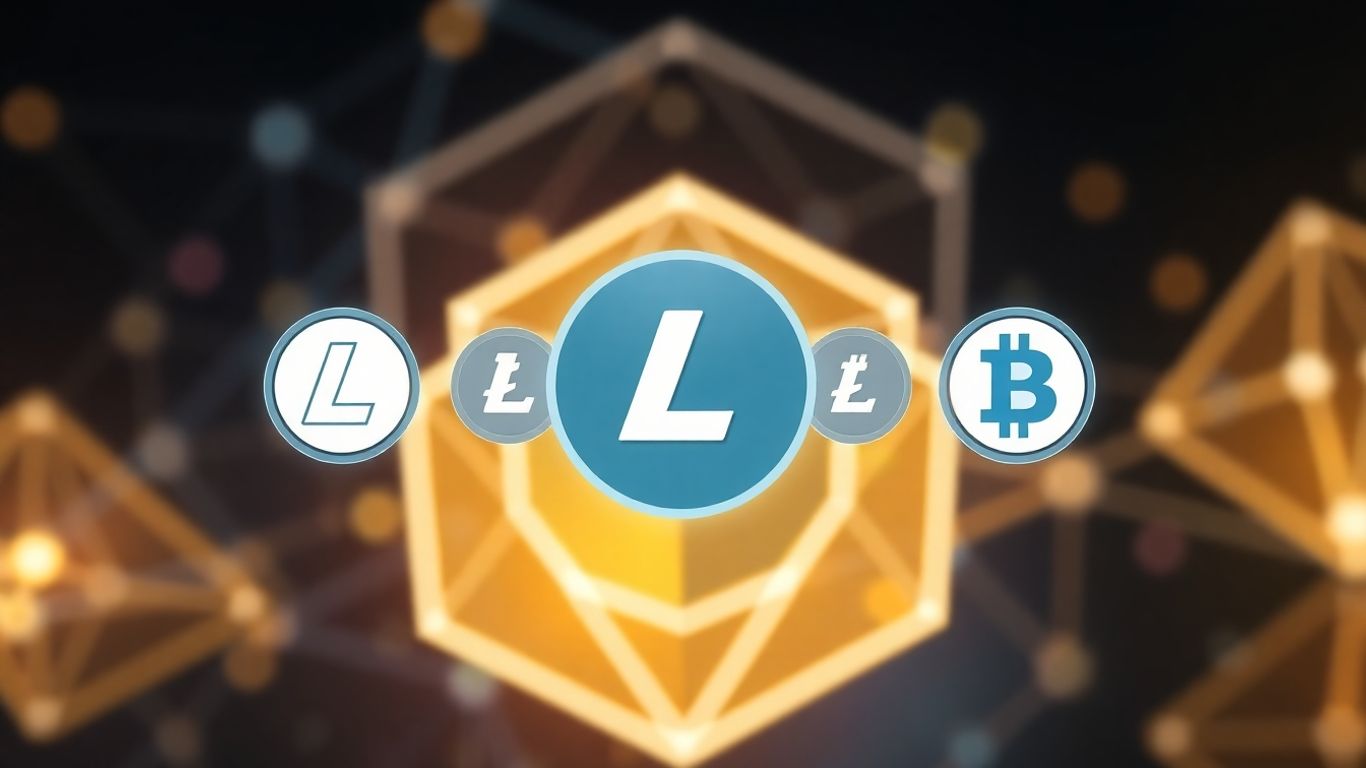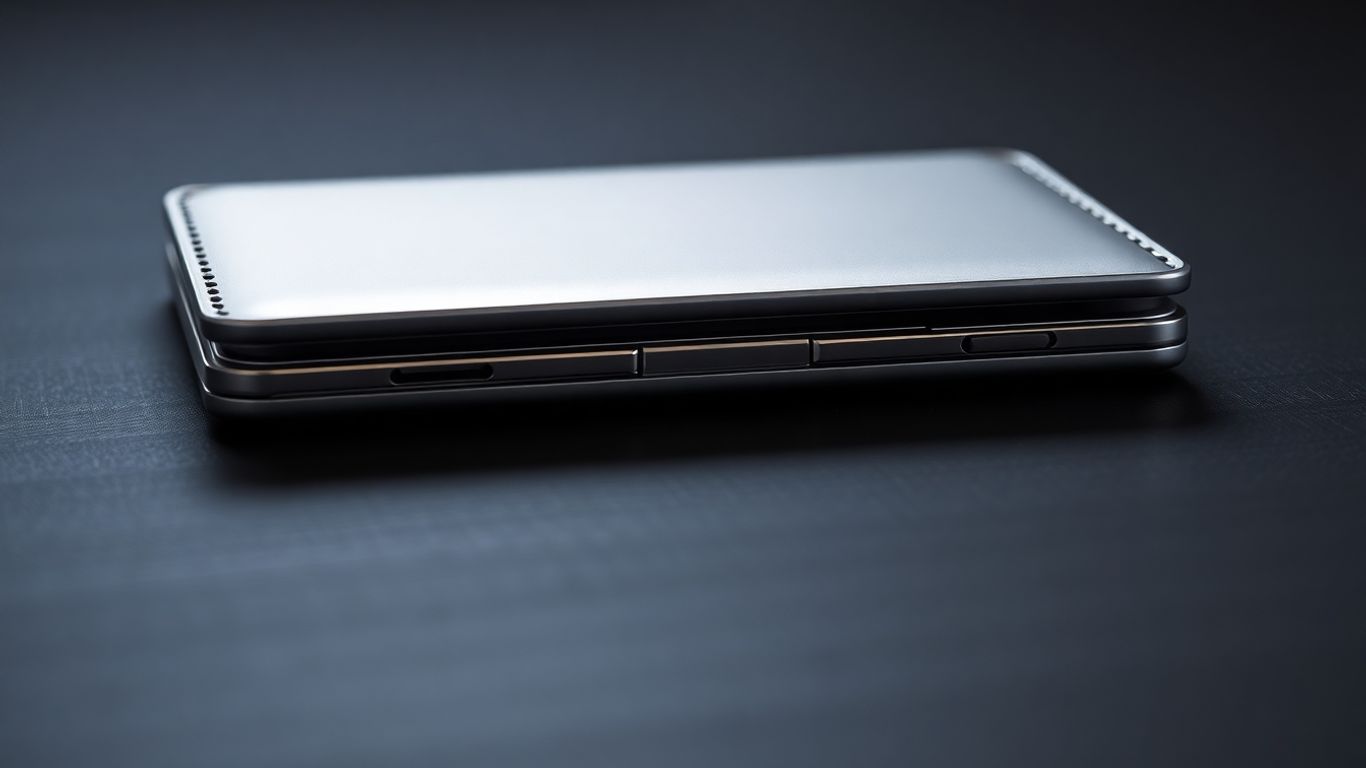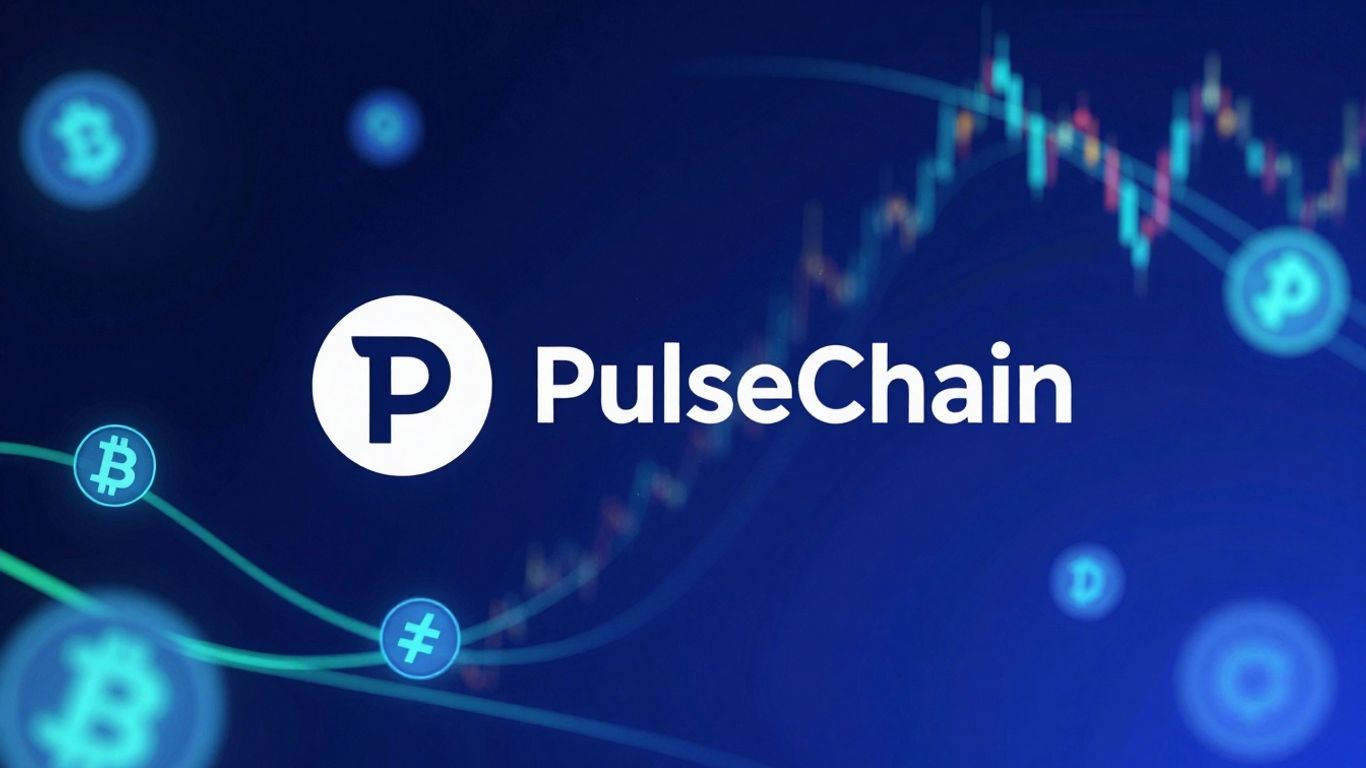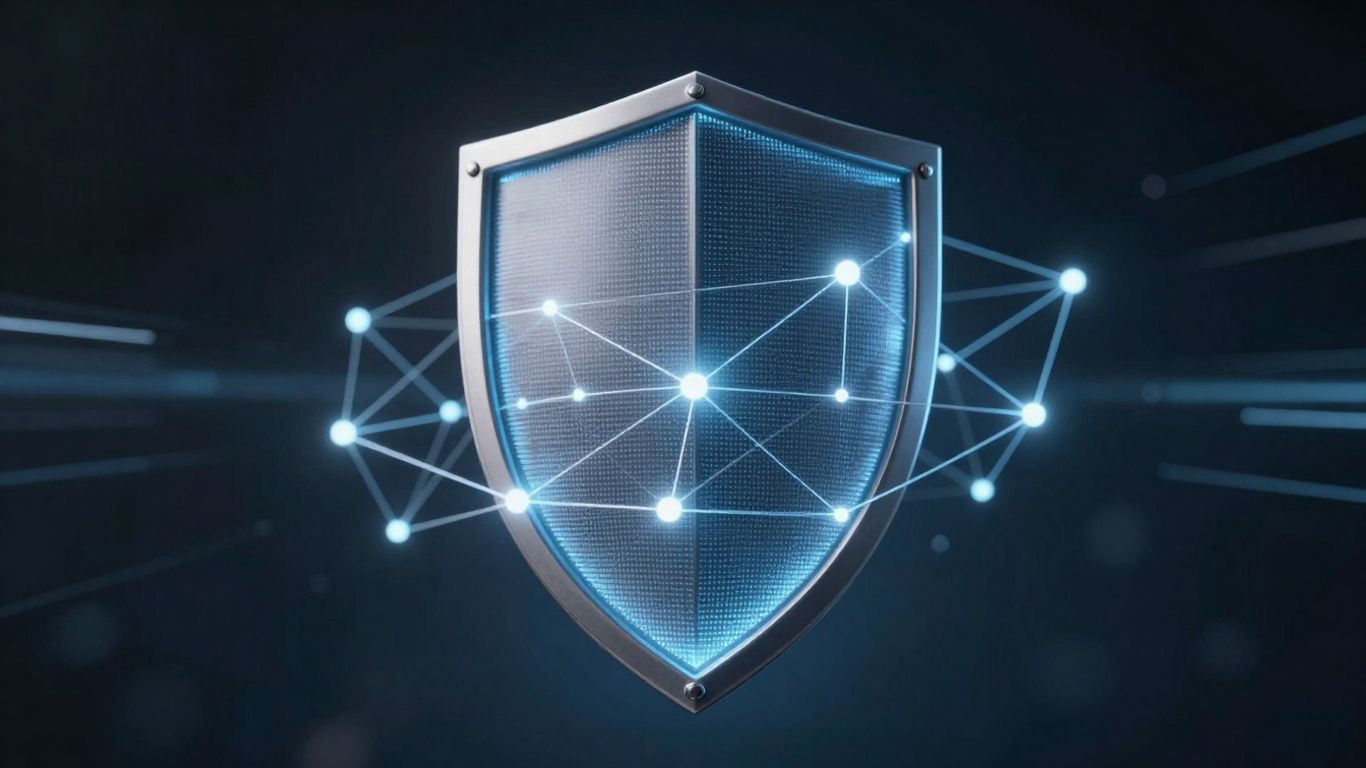[ newsletter ]
Stay ahead of Web3 threats—subscribe to our newsletter for the latest in blockchain security insights and updates.
Thank you! Your submission has been received!
Oops! Something went wrong. Please try again.
Find the best crypto wallet Reddit recommends for 2025. Explore top hardware & software wallets for Litecoin, Ethereum & more.





Looking for the best crypto wallet reddit 2025 recommendations? It can be tough to sort through all the options out there. People on Reddit talk about a lot of different wallets, and figuring out which ones are actually good for keeping your Litecoin and Ethereum safe is a whole thing. This article looks at some of the wallets that get mentioned a lot by crypto fans on Reddit, to help you make a choice. Whether you're just starting or you've been in crypto for a while, picking the right wallet is important for your digital money. Let's see what the Reddit community suggests.
The Ledger Nano S is a solid choice for anyone getting into crypto who wants to keep their digital assets safe offline. It's a hardware wallet, meaning it stores your private keys on a special chip that's not connected to the internet. This makes it way harder for hackers to get to your coins compared to keeping them on an exchange or a software wallet that's online.
Setting one up is pretty straightforward. You basically connect it to your computer, download the Ledger Live app, and follow the steps to create a PIN and write down your recovery phrase. Seriously, don't lose that recovery phrase; it's your only way back if something happens to the device.
Here's a quick look at what it offers:
It's a good option if you're not planning on doing a ton of trading every day and just want a secure place to hold your crypto for the long haul. It’s not the flashiest device out there, but for basic, secure cold storage, it does the job well.
While it might not have all the bells and whistles of the latest models, the Nano S provides a reliable entry point into hardware wallet security. It’s a no-nonsense device for keeping your crypto safe from online threats.
When people talk about crypto hardware wallets, Trezor is almost always mentioned right alongside Ledger. It’s like the reliable, no-nonsense option that’s been around for a while and has earned a solid reputation. Many folks on Reddit seem to appreciate Trezor for its straightforward approach to security. It’s a cold storage device, meaning your private keys are kept offline, which is a big deal for protecting your assets from online threats.
Trezor offers a couple of main models, with the Trezor Safe 5 being a recent addition that’s getting a lot of attention. It’s got a nice color touchscreen, which makes it pretty easy to use, even if you’re not super tech-savvy. Plus, it supports a huge number of cryptocurrencies – we’re talking over 9,000 assets, so you can hold pretty much anything you want. It also plays nicely with popular browser extensions like MetaMask, which is a big plus if you’re into DeFi or NFTs. This integration means you can interact with decentralized applications while keeping your funds secure offline.
Here’s a quick look at what makes Trezor stand out:
Many users find that Trezor strikes a good balance between robust security and ease of use. It’s often recommended for those who want a dependable hardware wallet without an overly complicated setup.
While Trezor is a fantastic choice for many, it’s worth noting that some of the newer models can be a bit pricier than other options. Also, unlike some competitors, it doesn't have built-in Bluetooth or Wi-Fi, which might be a minor inconvenience for some. Still, for anyone looking for a trusted hardware wallet to manage their crypto, Trezor is definitely worth checking out. You can explore more about secure crypto wallets on Reddit's recommendations.
MetaMask is a super popular choice, especially if you're into Ethereum and other EVM-compatible networks like Polygon or BNB Chain. It started as a browser extension, making it really easy to interact with decentralized applications (dApps) right from your web browser. Think of it as your gateway to a lot of the DeFi world.
What's cool is that it's non-custodial, meaning you're in charge of your private keys. This is a big deal for many crypto users. It also has built-in features for swapping tokens and managing your NFTs, which is pretty handy. Plus, it offers some security features like phishing detection. It's widely used, and you'll find tons of discussions about it on Reddit, often praising its integration with various DeFi protocols. Many people find it to be the best wallet for Ethereum and EVM DeFi users.
However, it's not perfect for everyone. If you're looking to manage Bitcoin or Solana directly within MetaMask, you'll need a different wallet for that. Also, the gas fees can sometimes be a bit confusing for newcomers, and while it supports hardware wallets, it's not a hardware wallet itself, so it's considered a 'hot' wallet. This means it's connected to the internet, which inherently carries a bit more risk than a cold storage solution.
For those deep into the Ethereum ecosystem, MetaMask is often the default choice. Its ability to connect to almost any dApp or DeFi platform makes it incredibly versatile. Just remember to keep your seed phrase safe and be mindful of the network fees.
Here's a quick look at some of its features:
If you're just starting out and want to explore the Ethereum side of crypto, MetaMask is definitely worth checking out. You can find a lot of helpful tips and discussions about it on various crypto subreddits, like r/ethereum or r/metamask. It's a solid option for many, but always do your own research to see if it fits your specific needs. For a different mobile-first experience, you might want to look into options like Trust Wallet.
MyEtherWallet, often just called MEW, is a pretty popular choice, especially if you're dealing with Ethereum and tokens built on it. It's a web-based wallet, which means you access it through your browser. The big thing with MEW is that it gives you direct control over your private keys. This is a double-edged sword, really. On one hand, you're in charge, which is great for security if you know what you're doing. On the other hand, if you mess up managing those keys, well, that's on you too.
MEW is known for being pretty straightforward, especially for interacting with Ethereum's ecosystem. You can use it to send and receive ETH and ERC-20 tokens, check your balance, and even interact with smart contracts. It's not really designed for a huge variety of coins like some other wallets out there, so if you're into Bitcoin or Solana, you'll probably need something else.
Here's a quick look at what people seem to like and not like:
When you use MEW, it's really important to be aware of how you're connecting to it. Always double-check the website address and be cautious about any prompts asking for your private information. It's a powerful tool, but it demands your attention to keep your assets safe.
Trust Wallet is a pretty popular choice, especially if you're mostly using your phone for crypto stuff. It's got the backing of Binance, which is a big name, and that gives it a certain level of trust for a lot of people. What's cool is how many different blockchains it supports – we're talking over 70, including the big ones like Ethereum, BNB Chain, and Solana, plus a ton of tokens. It's really designed to be user-friendly, which is great if you're just getting started and don't want to be overwhelmed.
It also lets you swap tokens right within the app, which is handy, and you can even stake some coins to earn a bit extra. For accessing decentralized apps (dApps) and NFTs, it's got you covered there too, though the dApp browser is only on Android; iOS users have to use WalletConnect. The app store reviews are generally really good, with lots of people giving it high marks.
Here's a quick look at what people seem to like and what might be a drawback:
While Trust Wallet is a solid option for many, especially those who prefer a mobile-first experience, some advanced users might find its interface a bit too simple. It's great for everyday use and accessing DeFi, but if you're looking for deep customization or complex trading tools, you might need to look elsewhere or use it in conjunction with other platforms.

When you're looking for a solid wallet specifically for Litecoin, Electrum-LTC often pops up in Reddit discussions. It's a software wallet, which means it runs on your computer or phone, making it pretty accessible. People seem to like it because it's lightweight and doesn't hog a lot of resources, which is nice if your device isn't exactly cutting-edge.
Electrum-LTC is a popular choice for Litecoin users who want a secure and straightforward software wallet.
Here’s a quick rundown of why it gets mentioned:
It's worth noting that while it's great for Litecoin, you'll need a different wallet if you're holding a lot of other coins like Ethereum. It's really designed to do one thing well.
For those who prioritize direct control over their Litecoin and appreciate a no-frills, secure software experience, Electrum-LTC is a strong contender. It’s not the flashiest option out there, but its reliability and focus on security have earned it a good reputation among Litecoin holders on Reddit.
The Ledger Nano X is a pretty solid choice if you're looking for a hardware wallet that balances security with a bit of convenience. It's a step up from some of the more basic models, especially if you're into managing a variety of crypto assets or interacting with decentralized applications (dApps).
It's a great option for people who want to keep their crypto safe offline but still need to access it fairly easily.
Here's a quick rundown of what it offers:
Setting up the Ledger Nano X involves a few steps, like downloading the Ledger Live app and carefully writing down your recovery phrase. It's important to take your time with this process to make sure everything is set up correctly for maximum security.
Overall, if you have a decent amount of crypto or plan to get involved with DeFi and NFTs, the Ledger Nano X is a strong contender. It offers good security without making it a total pain to manage your assets.

Tangem is a pretty interesting option if you're looking for something a bit different in the hardware wallet space. Instead of a clunky device, it's basically a smart card, kind of like a credit card, that uses NFC to communicate with your phone. This makes it super portable and easy to carry around. You get two cards in a pack, and they're designed so that your private keys are generated and stored right on the card itself, in a secure chip. The best part? These keys never actually touch the internet, which is a big deal for security. It supports a ton of different coins and tokens, over 6,000 actually, across more than 70 blockchains, so you're not limited to just one or two. Plus, it's pretty affordable, especially considering you get two cards. It's a solid choice for keeping your crypto safe without a lot of fuss.
Tangem is a hardware wallet that uses NFC technology. Your private keys are kept secure inside the card's chip and never exposed online. This means it's immune to common attacks like malware or phishing. You have complete control over your crypto, with no third-party custody involved. Setting it up is straightforward, just needing the Tangem card and a mobile app. Having two cards means if you lose one, you still have access to your funds.
Tangem offers a cost-effective hardware wallet solution, available in credit card or ring form factors for easy portability. It is recognized as one of the more affordable options currently available on the market.
When you start looking into ways to keep your crypto safe, you'll probably come across Material Bitcoin. It's a bit different from the usual hardware wallets you see advertised everywhere. Instead of a gadget with screens and buttons, Material Bitcoin is essentially a metal plate, usually made of stainless steel, that holds your private keys. Think of it as a super-durable, offline backup for your digital assets.
This approach makes it resistant to things like fire, water, and even physical damage, which is a big deal when you consider how much is riding on those private keys. It's a truly cold storage solution because it never connects to the internet. You don't have to worry about software updates or battery life, which simplifies things quite a bit.
Here's a quick look at what makes it stand out:
It's designed for people who want a straightforward, secure way to store their crypto long-term, especially if they're focused on a single currency like Bitcoin or Ethereum. You can get dedicated versions for specific coins, which keeps the setup really simple. For maximum protection, storing your seed phrase on a cold wallet backup like Material DIY is a solid move.
The whole point is to remove digital vulnerabilities. By using a physical, non-electronic medium, you bypass many of the risks associated with online threats and even typical hardware wallet vulnerabilities. It’s a return to basics for security.
So, you've decided to take your crypto trading seriously, and you're looking for a wallet that can keep up. That's where 'Best Wallet' comes into play. It's a mobile-first option that really focuses on active traders, not just people who want to hold their coins for years. Think of it as your trading desk, but it fits right in your pocket.
What makes it stand out is the built-in DEX aggregator. Instead of sending your crypto to another platform to swap, you can do it right from Best Wallet. It pulls liquidity from different decentralized exchanges to try and get you the best rate possible, which is pretty neat. Plus, it supports a good range of popular chains like Ethereum, Solana, and BNB Chain, so you're not limited to just one ecosystem.
Here’s a quick look at what it offers:
It also has features like biometric login for quick access and secure backup options using a seed phrase. For those who are constantly moving and trading, this kind of convenience is a big plus.
While it's a mobile-only wallet right now, and doesn't have direct hardware wallet integration yet, its focus on trading tools and ease of use makes it a strong contender for anyone who wants to trade actively on the go. It’s about making those quick swaps and market plays as smooth as possible.
So, after looking at what folks on Reddit are saying, it's clear that picking the right crypto wallet is a big deal for keeping your Litecoin and Ethereum safe. There are a bunch of good choices out there, from hardware wallets that offer top-notch security to software options that are super convenient for daily use. What works best really depends on what you need – how much you're storing, how often you trade, and what feels easiest for you to manage. Just remember to do your homework, compare what each wallet offers, and go with the one that gives you the most confidence in protecting your digital money.
A hardware wallet is like a physical safe for your crypto, keeping it offline and super secure. A software wallet is an app on your phone or computer, which is handy for quick access but not as safe for big amounts.
Ledger and Trezor are hardware wallets that Reddit users trust because they keep your crypto offline, making it very hard for hackers to steal. They are like digital vaults for your coins.
Yes, MetaMask is a popular choice for beginners because it's easy to use as a browser add-on or app. It's great for interacting with decentralized apps and managing your Ethereum and other tokens.
For trading, you want a wallet that's fast, easy to use, and lets you swap coins quickly without leaving the app. Many traders prefer wallets with built-in trading features or easy connections to trading platforms.
Mobile wallets can be safe if you use a strong password and keep your phone secure. Wallets like Trust Wallet are popular for their convenience and support for many coins, but it's still best to be cautious with large sums.
A non-custodial wallet means you are the only one who controls your private keys, which are like the secret codes to your crypto. This gives you full ownership and responsibility for your funds, unlike keeping them on an exchange.


